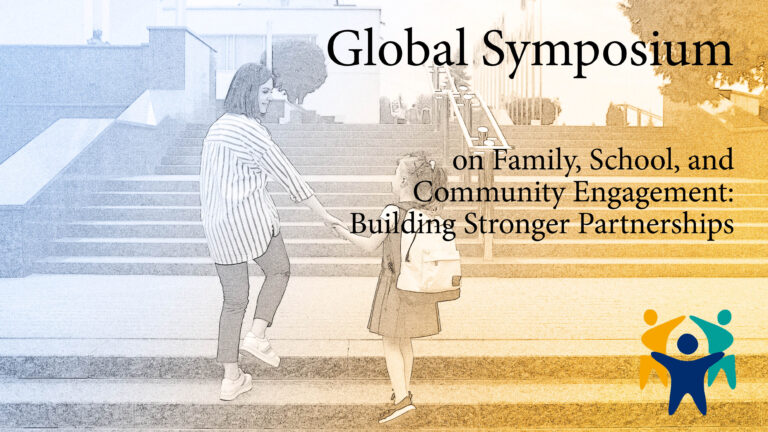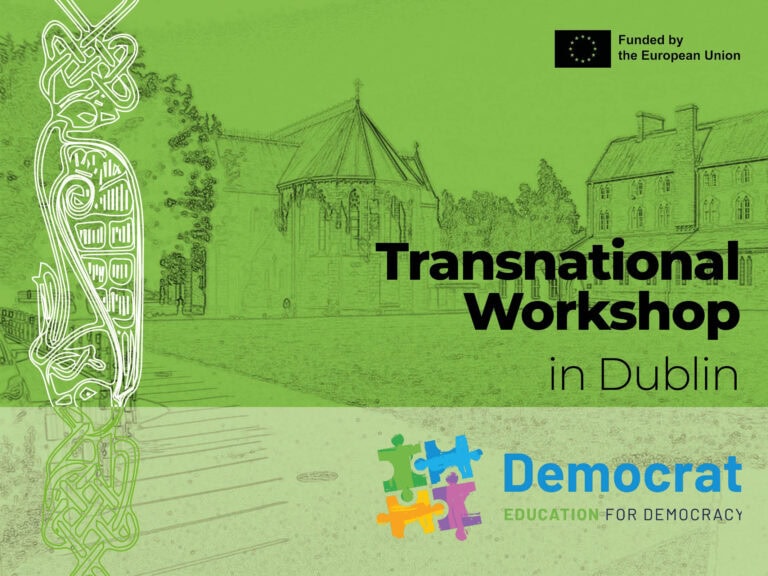An interesting conference was organised by the international organisation of savings banks and microfinancing institutions, WSBI-ESBG on 22 May in Brussels. Participants from NGOs, government and international policy organisations as well as the savings banks sector were discussing topics related to financial education, its provisions, impact and measurability. Parents International was invited to contribute to the panel on how financial education can empower the individual, what its limits are and who should provide it.
Chris de Noose, Managing Director of WSBI-ESBG highlighted that today financial literacy equals to reading and writing for fair and inclusive societies. Lack of financial education prevents financial inclusion. It is also necessary to foster entrepreneurial spirit, a competence necessary in today’s and tomorrow’s realities. It is important to work on empowerment in a way that also ensures gender equality. A multi-stakeholder approach is necessary to have a real impact, but even that way it remains a question how to measure this impact. Financial education and empowerment should be high on the agenda of policy makers as it is absolutely necessary.
The inspirational speech of the conference was delivered by Silvia Singer, Director of MIDE, the finance museum of Mexico City. She outlined the basis of their design as well as the principles of their museum. Their goal is not to offer visitors to learn everything in one single visit, but rather to want to know and learn more as well as to have a fresh look at things. For this it is important for them to know the preconceptions their visitors have as well as what they think they know. They are aware of the general bad image of money in Mexico, so they focus on decision-making opportunities, gathering information and conscious decisions in real life examples.
She highlighted that getting financial and economic education is a right, and this approach can only be supported mentioning that the UN Convention on the Rights of the Child not only defines education as a basic child right, but also underlines that it needs to be adequate. She also highlighted the need for a lifelong learning approach to it as new instruments (eg. digital financial tools) make it inevitable. Their experience is the same as educators have in other fields, namely that experiencing (rather than passive listening or watching), playing and sharing all strongly support learning. In their experience programmes targeting children have the biggest direct effect, but they have no long-term experience with empowering parents, yet. She also highlighted the life-wide learning nature of financial education as for achieving most of the Sustainable Development Goals (SDGs). Reducing poverty, preventing hunger or responsible consumption all need a certain financial literacy level, not only SDGs like economic growth. When designing financial education behavioural economics need to be taken into account and digital technologies need to be integrated.
Several local and transnational experiences were briefly introduced during the event. Most of the participants agreed that inspiring practices need to be showcased for upscaling in order to have real impact. Participants also learnt that financial education is becoming part of core curricula in more and more countries especially in light of the related OECD results. There has been some discussion about the notion of ‘just in case’ financial education. There was an agreement on it being necessary, but not so much on who should provide it. Questions were raised about the role of banks in it and whether their staff have the necessary capacity for providing it. A recent report by the European Banking Authority on financial education in Europe was highlighted in order to have a more detailed review of the state of art.
The event was a great opportunity to underline the importance of financial literacy as one of the equally important literacies. Current national and international policies need to be revised in order to make it a reality, and participants – including Parents International – offered their willingness to advocate for it. Hopefully it was a first step in a long-standing cooperation.

